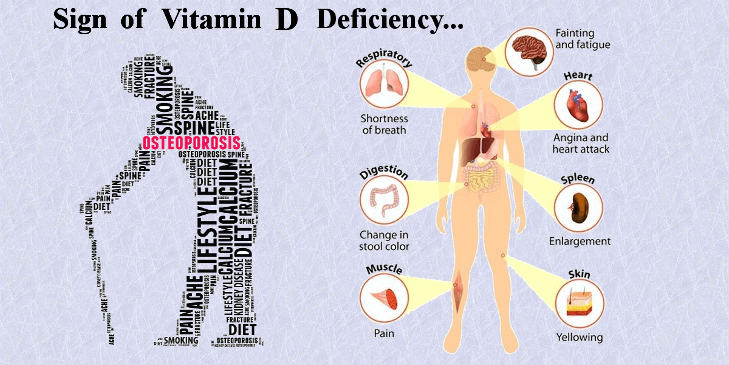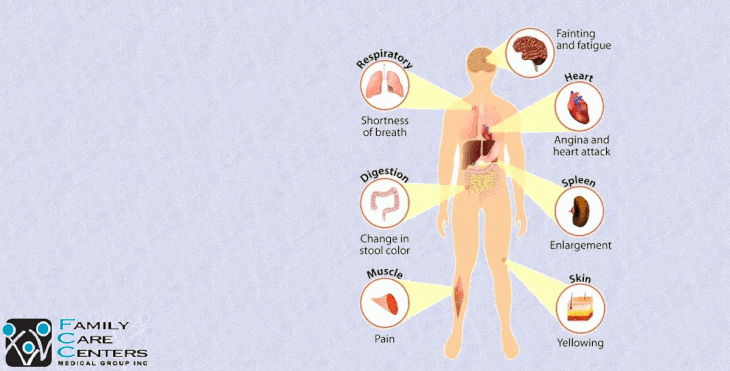

Fountain Valley Urgent Care Permanently Closed. We’re Here to Care for You at Our Other Locations.

While Vitamin C gets the most of the attention during cold and flu season, Vitamin D always deserves a look. Vitamin D plays a central role in keeping your bones strong and fit, which translates into fewer fractures as you get older.
Vitamin D Drops As We Spend More Time Indoors
Vitamin D is a vitamin that your body manufactures via exposure to sunlight. Since most Americans no longer work or spend much time outdoors, Vitamin D levels are commonly low, even among children, as shown in a Manchester study of elementary school students. The researchers attributed the results to minimal amounts of Vitamin D in their diet and also a limited exposure to sunlight.
Lack of Vitamin D Can Increase the Risk of Osteoporosis
In adults, one of the main bone-related problems is osteoporosis, the thinning and weakening of your bones with age. This typically affects people over the age of 60, but can begin decades earlier, due to dietary, hormonal, and exercise related factors. Vitamin D is closely tied to the proper absorption of calcium and its insertion into bones to keep them strong. Lower levels of Vitamin D production translate into less sturdy bones over time, and both spine and hip fractures with advancing age.

Reduce the Risks of Vitamin D Deficiencies
So what can you do to avoid getting this?
You can focus on changing your diet to include more items that contain Vitamin D, including foods like kale, collard greens, Brussels sprouts, dark green lettuce, or broccoli.
When managing your diet for bone health, it is important to note that the National Academy of Sciences currently recommends that people ages 19 to 50 consume 1,000 milligrams of calcium per day, and that those age 50 or over get 1,200 milligrams per day.
Other ways to lower your risk of osteoporosis are to be active and exercise in sunlight, which increases your Vitamin D production. Focusing on weight-bearing exercises (like strength training and hiking) that put a moderate strain on your bones is a great way to stimulate them and encourage their absorption of calcium.
Vitamin D can also be supplemented in capsule, pill, or liquid form. You can discuss your levels with your doctor, to figure out if supplementing is right for you, and with how much.
Need some ideas? Check out this article: List of the best places to run in Orange County.
OR check out our blog: Staying Fit in Orange County: The Best Hiking Trails
Think you’re experiencing signs of osteoporosis? Swing by our offices in Irvine, Fountain Valley, or Costa Mesa and have one of our trained staff check to see if you may be at risk.
Share Your Valuable Thought